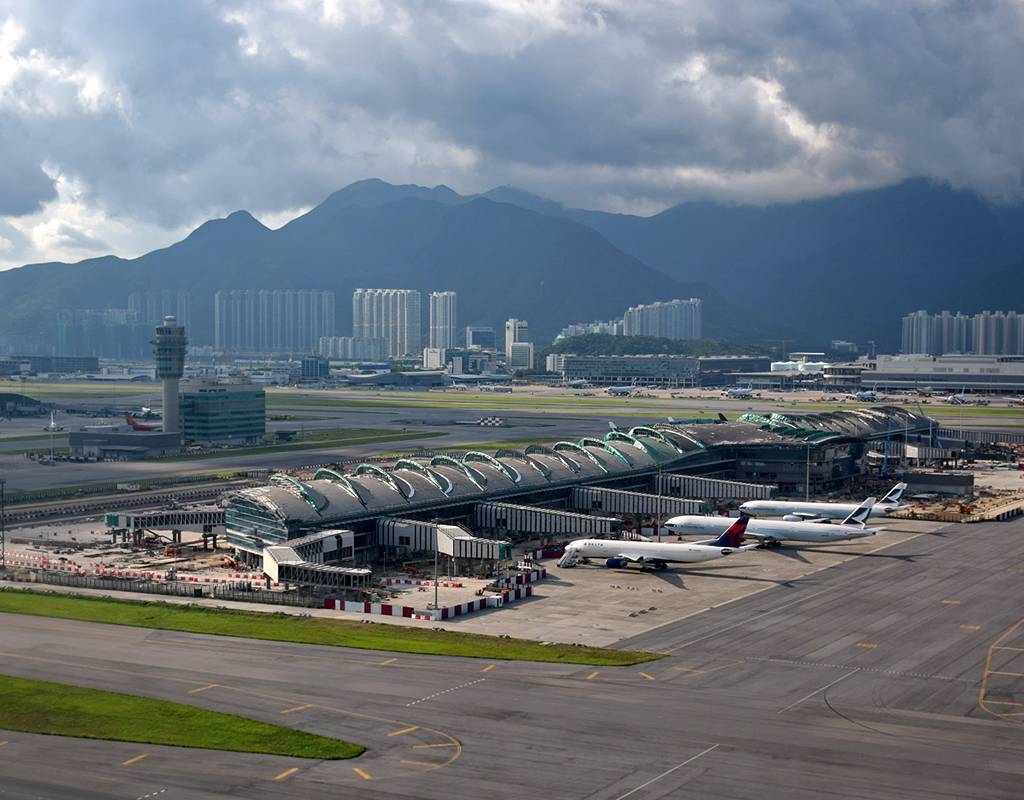
The outbreak of the Coronavirus is impacting business aviation networks across South East Asia and beyond, according to operators consulted by Corporate Jet Investor. Since January 23rd the government’s of more than 20 countries have introduced regulations to combat the spread of the virus including China, Japan, Philippines, Thailand, South Korea, US, and Russia. Almost half of those territories, primarily in Southeast Asia, have subsequently introduced increased regulation as the outbreak has progressed. One operator said, “the situation is very dynamic and can change at any moment”.
At the beginning of February, it remained feasible for charter operators to fly clients in the region, although not without challenges. Justin Lancaster, the commercial director of Air Charter Services, told Corporate Jet Investor: “We have faced various challenges in booking the flights, including passengers requesting crew that had not been to China since the beginning of January, clients not willing to put their cargo on aircraft that have recently been to the region, obtaining diplomatic permits and staff from our three regional offices working from home, to minimise their risk of infection.”
Lancaster continued: “Perhaps our biggest challenge is ensuring that all government and medical advice is followed to prevent spreading infection. This week we had to cancel four flights due to changes in regulations in certain countries.”
‘The situation is fluid’
Alan Pong, operations manager for Universal’s Asia Pacific Operations Centre, said: “The rapid spread of the Coronavirus is having a major impact on business aviation around the world, as many countries enact procedures to reduce the risk of the virus spreading. The situation is fluid as additional nations are taking more steps daily. Operators should be aware of all potential restrictions before any mission, particularly to Asia or if they have been in the Wuhan region recently, as this could limit their options.”
The risk of exposure to the virus was not the only factor to be considered, according to Darin Voyles, Paramount Business Jets’s vice president, private jet charter. “The risk of virus exposure for the crews is an obvious concern, but this is compounded by the operational and business concern that when they return from Mainland China the crews will essentially be unable to work for two weeks as they will have to go into quarantine immediately,” said Voyles.
According to Voyles, Paramount can still offer services from Hong Kong and Macau provided clients can provide documentary evidence they have not entered mainland China in the past 14 days. “Various countries in the region also have similar restrictions that passengers have to prove the same 14-day restriction before entry. The situation is very dynamic and can change at any moment.”
‘The same 14-day restriction’
Logan Ravishkansar, chief executive of MyJet Asia, said regulations surrounding Covid-19 are already more severe than those applied during the SARS outbreak of 2003: “We also saw huge demand [for private jet charter] back then, but it was a lot easier to fly in and out of countries. This time around, governments have put on more controls.”
Asian Sky Group (ASG) noted in its report Asian Sky Quarterly: “… with the recent outbreak of the Coronavirus, as well as China’s economic situation, markets across the region and globally will feel the impacts of a slowdown in the coming months. This could, in turn, shift [improve] optimistic moods once again.” The report said business optimism touched an all-time low in China in the third and fourth quarters of 2019, at 32% and 36% respectively.
Meanwhile, WingX’s Richard Koe said the virus would cause adverse effects on the global economy during the first quarter of this year, even if the spread of the virus had now reached its peak.
From a commercial aviation perspective, Cirium, which produces travel data and analytics, reported that more than 200,000 flights in China have been cancelled due to the outbreak; accounting for over two thirds of scheduled flights during the period January 23rd to February 18th.

